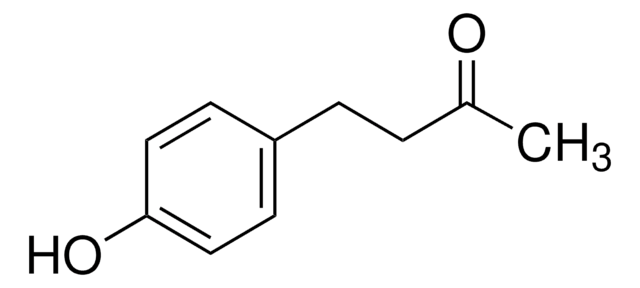203580
Lead(II) nitrate
99.999% trace metals basis
Synonym(s):
Lead dinitrate
About This Item
solid
Recommended Products
Quality Level
Assay
99.999% trace metals basis
form
crystals and lumps
solid
impurities
≤15.0 ppm Trace Metal Analysis
mp
470 °C (dec.) (lit.)
SMILES string
[PbH2++].[O-][N+]([O-])=O.[O-][N+]([O-])=O
InChI
1S/2NO3.Pb/c2*2-1(3)4;/q2*-1;+2
InChI key
RLJMLMKIBZAXJO-UHFFFAOYSA-N
Looking for similar products? Visit Product Comparison Guide
Application
Signal Word
Danger
Hazard Statements
Precautionary Statements
Hazard Classifications
Acute Tox. 4 Inhalation - Acute Tox. 4 Oral - Aquatic Acute 1 - Aquatic Chronic 1 - Carc. 2 - Eye Dam. 1 - Repr. 1A - Skin Sens. 1B - STOT RE 1
Target Organs
Blood,Central nervous system,Immune system,Kidney
Storage Class Code
5.1B - Oxidizing hazardous materials
WGK
WGK 3
Flash Point(F)
Not applicable
Flash Point(C)
Not applicable
Personal Protective Equipment
Regulatory Listings
Regulatory Listings are mainly provided for chemical products. Only limited information can be provided here for non-chemical products. No entry means none of the components are listed. It is the user’s obligation to ensure the safe and legal use of the product.
PDSCL
Deleterious substance
PRTR
Specified Class I Designated Chemical Substances
FSL
Group 1: Oxidizing solids
Nitrates
Hazardous rank I
1st oxidizing solid
ISHL Indicated Name
Substances Subject to be Indicated Names
ISHL Notified Names
Substances Subject to be Notified Names
JAN Code
203580-10G:4548173114088
203580-VAR:
203580-BULK:
203580-50G:4548173114095
Choose from one of the most recent versions:
Certificates of Analysis (COA)
Don't see the Right Version?
If you require a particular version, you can look up a specific certificate by the Lot or Batch number.
Already Own This Product?
Find documentation for the products that you have recently purchased in the Document Library.
Customers Also Viewed
Our team of scientists has experience in all areas of research including Life Science, Material Science, Chemical Synthesis, Chromatography, Analytical and many others.
Contact Technical Service














